Da Lat makes its home on Lam Vien Plateau, which belongs to the western mountainous area of Vietnam. Only six hours by bus or 50 minutes by flight from Saigon, it’s easy to get to this hilly escape. The young people in Saigon visit Da Lat on the weekend to enjoy their day off. Not only are there many beautiful landscapes such as waterfalls, lakes, and mountains, but there are also ancient and western buildings worth a visit such as the train station, college, and church.
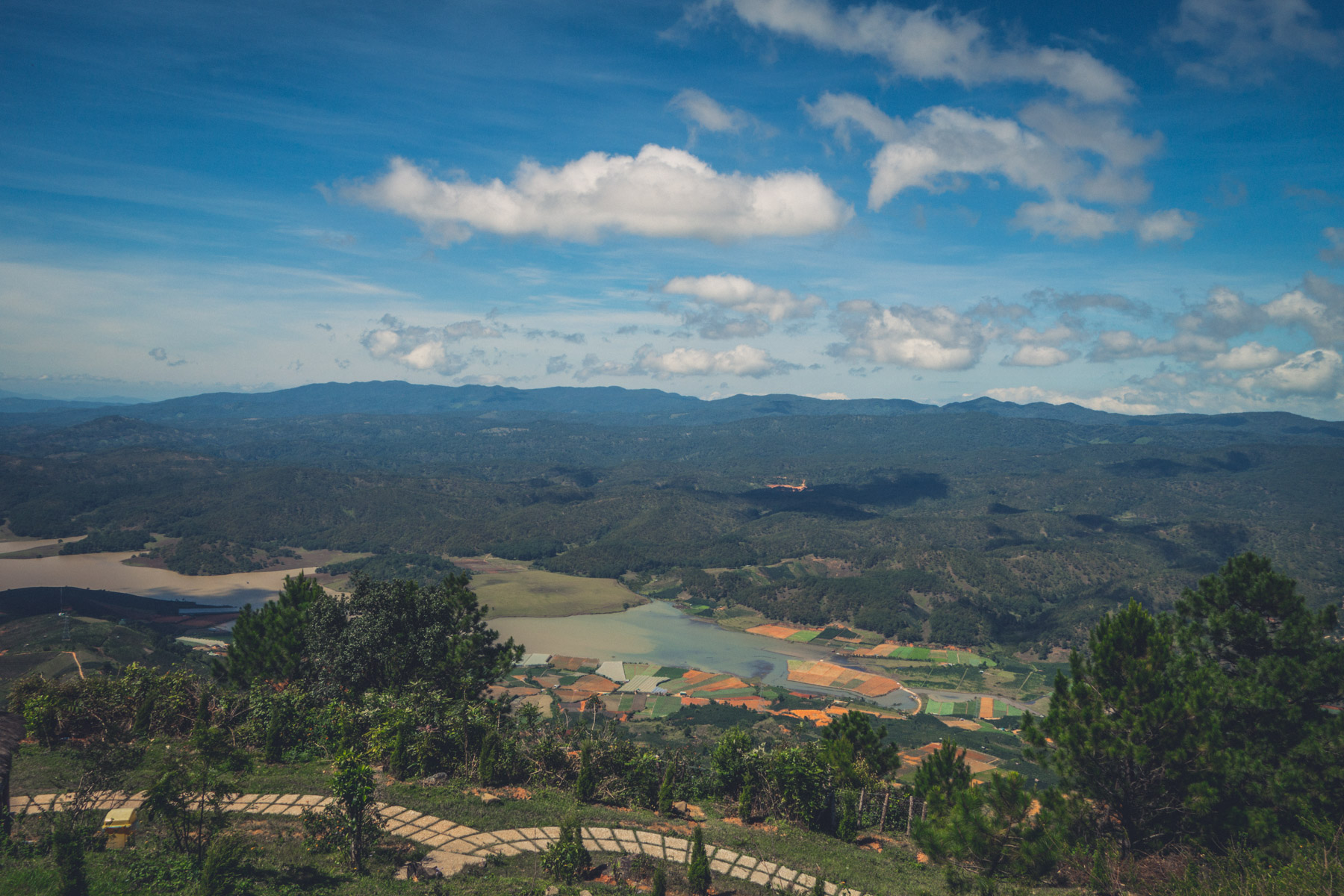
Contents
Geography and Weather in Da Lat
Da Lat has a unique geography and climate compared to other parts of Vietnam, which makes it a popular destination to both escape dense cities and humid heat. This city and surrounding area fall into two geographic features: mountainous terrain and lowlands. You will notice the mountainous terrain around the central highlands of the city. The center of Da Lat looks like an oval basin with many soft, rolling hills that make it such an attractive destination. And the city is also protected by the high mountains of 1,700 meters that form a windshield of sorts.
Situated at 1,500 meters high and surrounded by mountains and forest flora including a magnificent pine forest, Da Lat has a temperate mountainous climate all year round. The city stays at a faily mild temperature, even in the summer. It never gets hotter than 25 degrees Celsius or less than 10 degrees Celsius in the winter.
With this particular weather, Da Lat is famous for its four seasons in a year. Every season has its distinct beauty.
Spring – Season of Trees and Flowers
In the spring (January-March), the temperature fluctuates between 20 and 28 degrees Celsius. The temperature is low, the wind speed is slow, and the sky is less cloudy, which facilitates the formation of hoarfrost. Hoarfrost occurs when water vapor freezes into small white particles like salt right on the ground or on the surface of plants. Hoarfrost is rather rare but it makes for incredible photos of this area. This season brings to life many lush trees, and hundreds of flowers bloom.
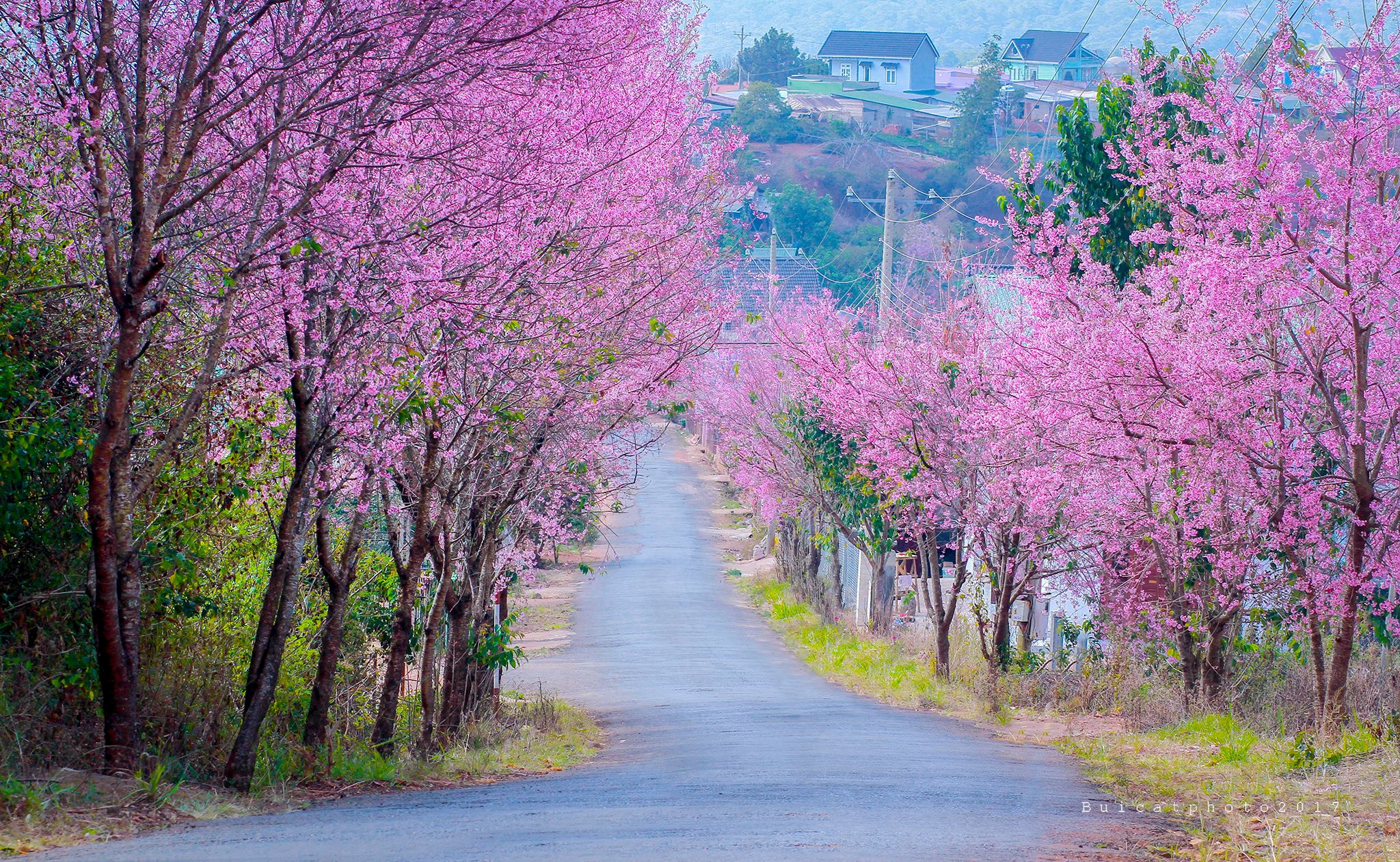
How to Deal with the Weather
It’s quite cold in the spring, especially in January. You should wear several layers of clothing to keep you warm and this also allows you to tuck away a few layers if you get hot, I suggest preparing a small backpack if you set out for the day to explore. A hat, gloves, socks, scarf, and coat are important pieces of clothing to bring along. Markets in Da Lat sell a wide range of these clothes with reasonable prices, so don’t worry if your luggage doesn’t allow you to pack everything you need.
What to Do
Spring is also the best season to travel to Da Lat because all the trees are green and flowering. Hundred of flowers make a blaze of colors in every corner of the city, from the gardens, along the roadsides, around the hillsides, to the sprays of color that light up the balconies of old houses. The whole city is colored pink by cherry blossoms, a special flower of Da Lat. Not only will you see cherries, but this time is also the blossoming season of dandelions and the harvest time of artichokes.
Pro tip: If you are in Da Lat during this time, you must try Da Lat’s very famous, special tea, artichoke tea.
If you travel to Da Lat in the spring, you can explore and drift through beautiful flowers in famous flower gardens such as Van Thanh, Thai Phien, and Ha Dong.
Summer – Season of Fog and Purple Color
In the summer (April – June), the average temperature fluctuates between 24 and 31 degrees Celsius. Obviously, during this time of year, the weather is warmer than in the spring. Fog is also common and it creates a nostalgic mood at night since the entire city emanates a dim light. You can also expect short rainfalls (but the rain is not intense during this time yet). Thunderstorms and showers often occur at noon and evening around May and June.
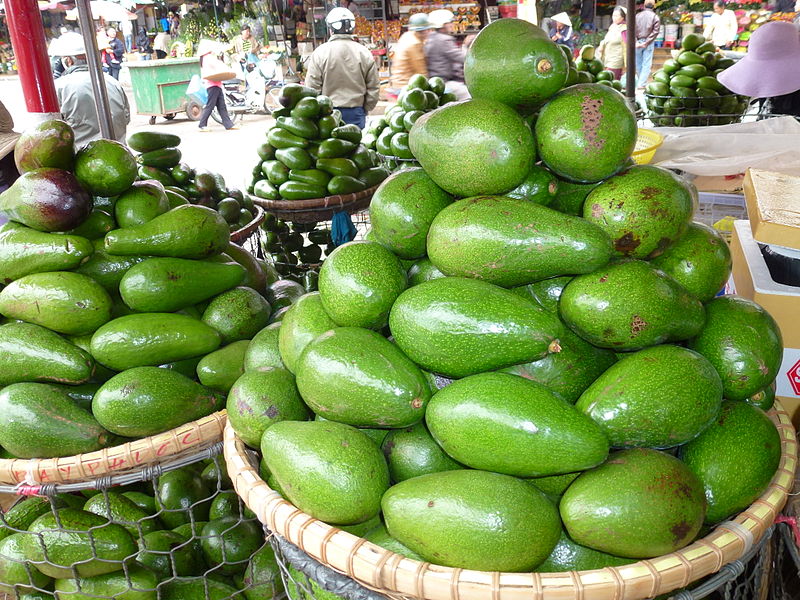
How to Deal with the Weather
You can wear comfortable summer clothes during this season. However, a woolen set is necessary if you want to stroll around at night in Da Lat.
Because of the light rain, a raincoat and umbrella are necessary. Vendors sell raincoats everywhere on the road in the center of Da Lat, but there are not many on the mountain roads. Therefore, buy a raincoat in the city in advance, then explore the areas far away from the city. This will definitely keep you drier! The price for a disposable raincoat is really cheap, around 20,000 VND (less than 1 USD).
What to Do
Different from the extreme heat in Saigon, summer in Da Lat is the season of romantic rain and fog across the valley. Da Lat has beautifully decorated coffee shops in the center of the city, on the hillside, or inside the pine forest. Listen to music and sip a cup of coffee in these coffee shops on rainy days. Have a look at The Stories Behind the Lovely Vietnamese Coffee Shops in Da Lat to find your favorite coffee shops.
Summer in Da Lat is highlighted by many flowers such as lavender, Pampas grass, hydrangea, and Purple Phoenix. Read this article to find out more about flowers in Da Lat. Are you fond of tropical fruits? Then listen up! Peach and avocado famously flourish during this time, and they are extremely delicious. The fruit is sold at a cheaper price here and it’s typically cheaper than in other parts of Vietnam because Da Lat is a vast garden of temperate fruit.
Autumn – Season of Romantic Rain
In the autumn (July – September), the average temperature fluctuates between 24 and 31 degrees Celsius and it is the most humid period of the year. The southwest monsoon brings heavy and long periods of rain to the area.
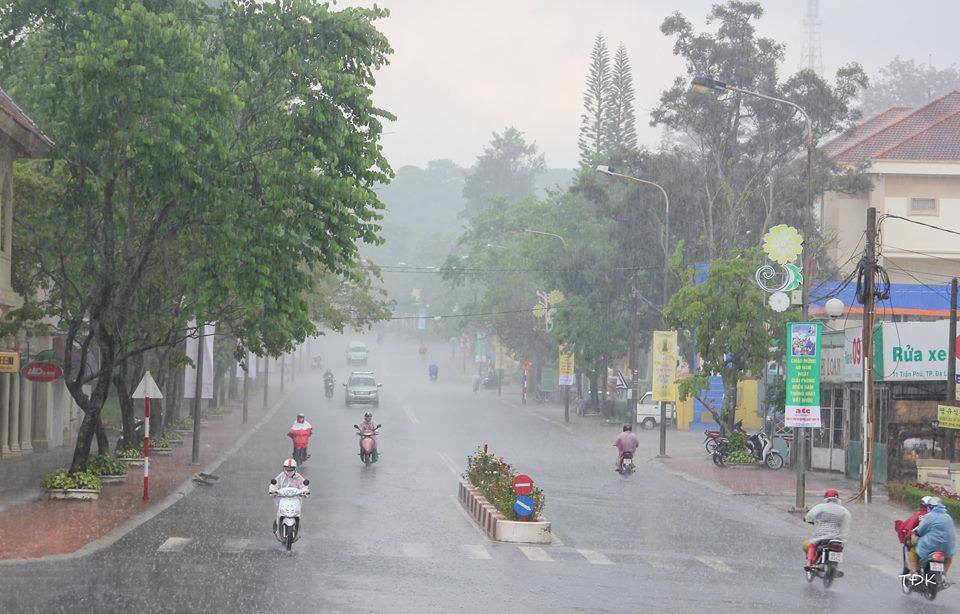
How to Deal with the Weather
In the autumn, it rains heavily almost all day, so this is the off-season in Da Lat. Similar to the summer, a wool set, raincoat, and umbrella are important items you need to prepare if you choose to visit during this season.
What to Do
If you like the romance of rain, autumn is still a good time for you. You can stay at your hostel, or go to the coffee shops to watch the rain pouring down the windows.
Depending on your luck, sometimes the rain will skip a day, but it is unpredictable. During this time, you can see the beauty of the white mustard flower, and enjoy the taste of persimmon in the gardens of Da Lat. The white color of the white mustard flower covers the vast gardens, and the orange color of the persimmon seems to set the corners of Da Lat aflame. And if you make it here in the very beginning of autumn, avocados will still be in season.
Winter – Season of Flowers on the Hill
In the winter (October to December), the average temperature fluctuates between 20 and 26 degrees Celsius. October will still receive a lot of humidity because it rains a lot. But after, the northeast monsoon winds will sweep through the basin making for relatively dry weather. This time is very suitable for tourism because the weather is cool and dry.
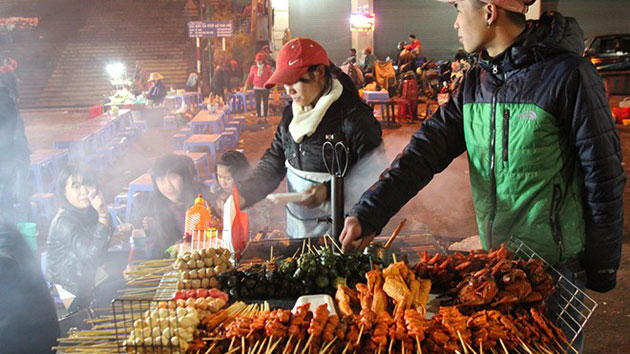
How to Deal with the Weather
It’s very cold in the winter, so preparing a wool set and wearing several layers of clothing is an absolute must.
What to Do
Winter is the blossoming season of many flowers in Da Lat. The city is a blaze of colors of wild Sunflower, red maple leaf, pink grass, mountain ebony, and buckwheat flowers. Many flower gardens are crowded during this time but for good reason. Both sides of the mountain road in Da Lat turn yellow due to the color of the wild sunflowers. You can also row a boat across Tuyen Lam lake to see the red maple leaf, listen to the sound of nature, and relax.
If you travel to Da Lat anytime in the year, you can still enjoy four seasons in one day. Breathe the fresh air and watch the flowers in the morning as if it were spring. Enjoy the light heat in the afternoon and explore mountain roads to toast the summer. Sit in a coffee shop and watch the rain in the evening as if autumn were right around the corner. Then, eat hot sweet potato and drink hot soy milk in the cold weather to commemorate winter. This is why Da Lat is special, so go find out for yourself.
Lucky for you, we have more detailed articles on Da Lat. Check these out:
How to Travel in and Around Da Lat
A Comprehensive Guide to Da Lat – See, Do & Eat!
If you enjoyed reading this article and would like some more fun info about what to see, do, and eat (and a bunch of interesting cafes!) in Vietnam, follow us at 4U Trip Blog!
